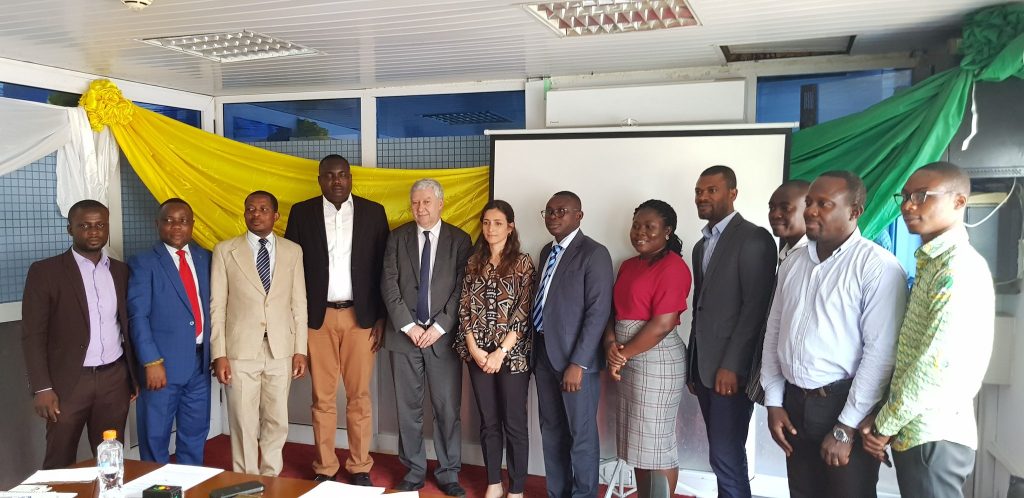Climate Chance Summit Africa : African territories committed to the fight against climate change
The first Climate Chance Summit – Africa in 2018 gathered the actors around operational roadmaps, to prepare the specific messages of the African continent, to show engagement, and to specify the demands and proposals of the local actors who are fighting against climate change in Africa. The African position was presented during different international climate events, notably during the Global Climate Action Summit in California, as well as it has contributed to the Talanoa Dialogue in COP24.
The second edition of the Climate Chance Summit- Africa in 2019 will insure the continuity of the first edition. It will be spread on three days. For a second time, it will gather the subnational governments and climate non-state actors in Africa, eventually proposing a call for proposals that will reinforce the African sectoral coalitions hosted and supported by Climate Chance and that will feed our cartography of actions in Africa. It will also allow to work more thoroughly on the sectoral and operational roadmaps established in June 2018 in Abidjan and to reinforce the adopted engagements.
Local governments, businesses, NGOs, trade unions, scientists, representatives from agricultural, youth, women and indigenous organisations, citizens, are invited to take part in the Climate Chance Summit Africa 2019 to show the progress of their actions across Africa, to deepen the analysis of successes and difficulties, to promote the pooling of experiences and innovations, to point out solutions for a more significant scale and highlight the opportunities for new initiatives emerging from climate action in the African continent.
By promoting these exchanges between stakeholders from different families, this resolutely action-oriented summit will make it possible to:
- Stimulate the operational mobilization of non-state actors that must accelerate the implementation of the commitments made by States at COP21.
- Consolidate the dynamics of cooperation between non-state actors who are still working in isolation.
- Dialogue between non-state actors that have an international influence with actors more focused on their local issues in Africa to allow an adequate articulation between local issues and global issues.
4 formats
- 2 Plenary sessions with key people from the climate action in Africa.
- Workshops of the African Coalitions, reinforced by a call for contributions, to work on the advancement and the development of the sectoral and thematic African road maps (energy, mobility, agriculture, adaptation and water, access to finance, urban planning, circular economy etc.)
- Focus sessions to follow-up on the important initiatives in Africa.
- Side-Events dedicated to the activities of our partners : CoMSSA, CGLU-A, IFDD, etc.
9 themes
- Access to climate finance in Africa
- Developing African cities in a sustainable way
- Agriculture, food and reforestation in Africa
- Renewable energy and energy efficiency in Africa
- Mobility and sustainable transport in Africa
- Adaptation and Water in Africa
- Sustainable Building and Construction in Africa
- Education and Training on Climate Change in Africa
- Circular economy in Africa
Organisation of the themed workshops
These workshops will be the occasion to gather the subnational and non-state actors in their diversity in order to :
- Present 2 or 3 good inspiring practices from the call for proposals launched during the Africa Climate Week.
- Do the follow-up (evaluation after a year) on the sectoral roadmaps that were defined during the first edition of the Climate Chance Summit Africa 2018
Each workshop should lead collectively to the development of the sectoral and operational roadmaps, that are meant to create a favorable environment to action, to spread the strategic information and to reinforce the climate action in Africa. It would be thus important to take stock at the defined objectives in each road map, and at the indicators of the action’s advancement, etc.

